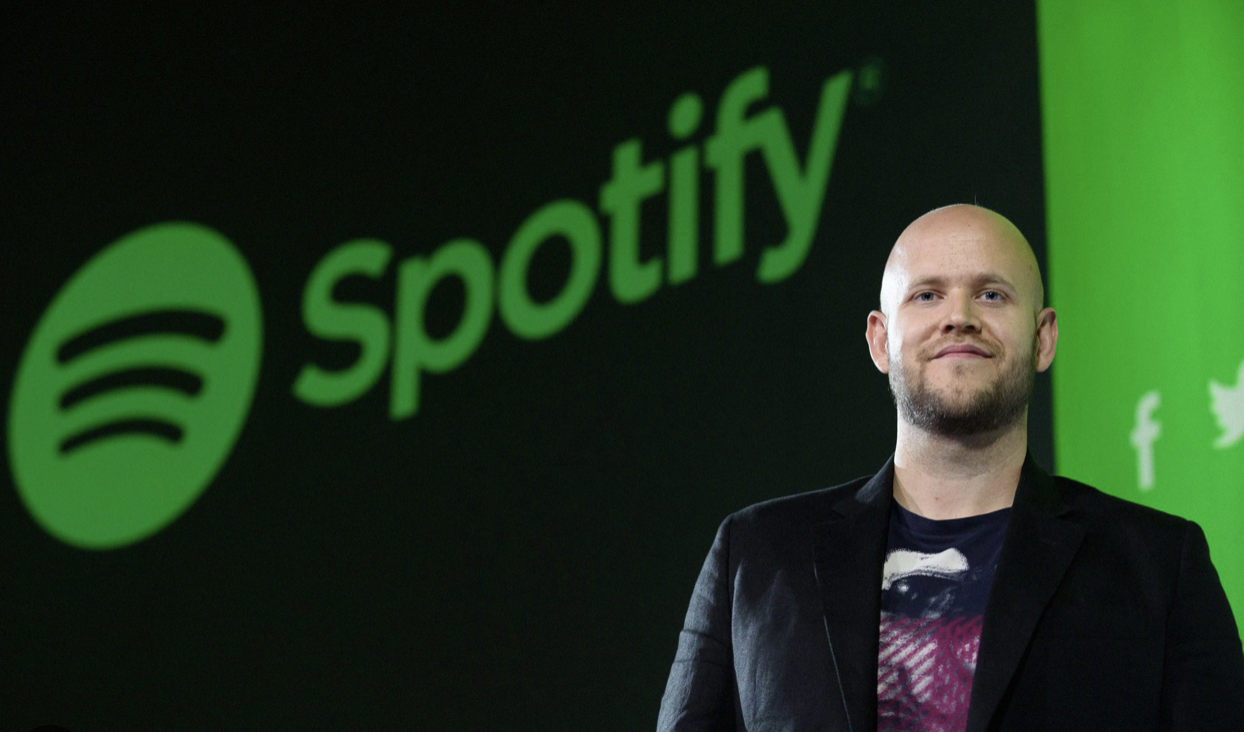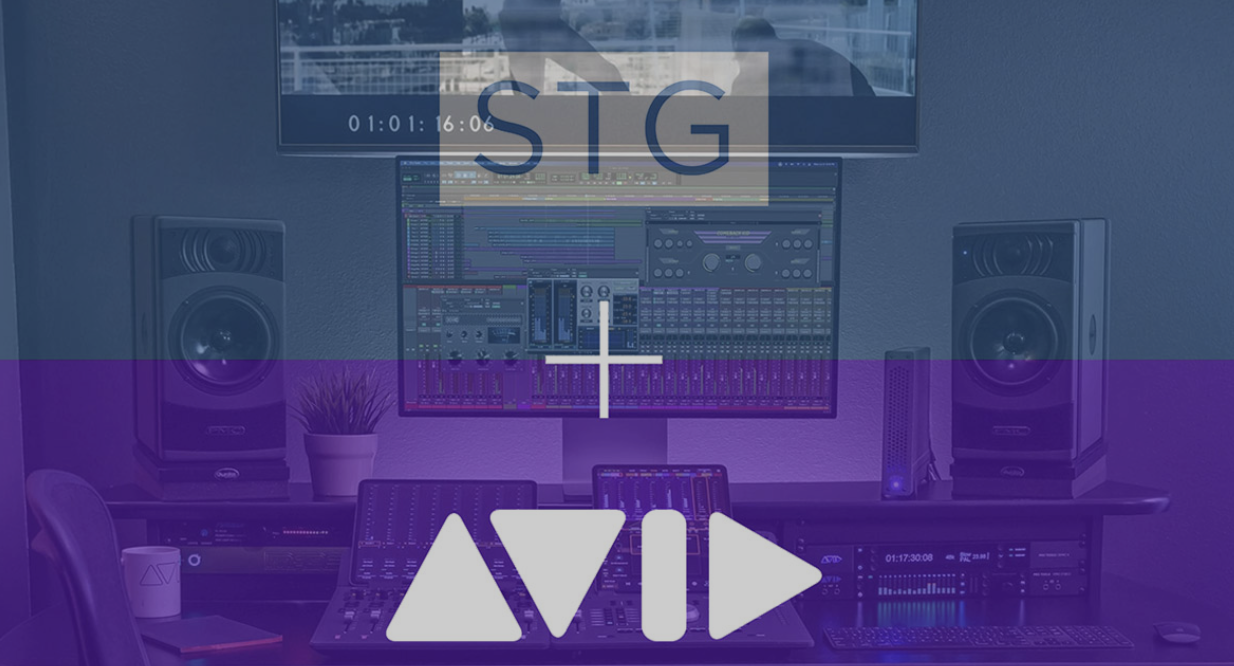Spotify to Shift $1BN Towards ‘Legitimate Artists’

In a long-anticipated move, Spotify is preparing to enact substantial changes to its royalty payout model in Q1 2024, with the aim of redirecting $1 billion in royalty payments over the next five years to what it deems ‘legitimate’ artists and rightsholders. This transformative blueprint has been under discussion with various music rightsholders. The streaming giant, known for its pro-rata royalty system (Streamshare), will introduce three pivotal changes, with the overarching goal of addressing issues that have hindered royalty distribution to working artists.
Firstly, Spotify will establish a threshold of minimum annual streams that a track must attain before it generates royalties. This shift will de-monetise low-popularity tracks, which, until now, have absorbed a significant portion of the service’s royalty pool.
Secondly, Spotify will impose financial penalties on music distributors, including record labels, when fraudulent activities are detected in tracks they’ve uploaded to the platform. This deterrent aims to prevent bad actors from artificially inflating their stream counts, ultimately siphoning royalties from legitimate artists.
Lastly, Spotify will introduce a minimum length of playtime that ‘non-music noise’ tracks must reach to trigger royalty generation. By extending the minimum unit of time for these tracks, Spotify hopes to funnel more money into the ‘Streamshare’ system for music content. This change aligns with the industry trend of reevaluating and improving the royalty distribution model to better benefit artists.
These proposed changes coincide with Deezer and Universal Music Group’s introduction of an ‘artist-centric’ royalty model, creating a shift in the industry’s landscape. While both models share some similarities, there are distinct differences between Deezer’s approach and Spotify’s forthcoming adjustments.
Spotify’s multifaceted strategy intends to redirect royalties from fraudsters and micro-earning tracks towards ‘real working artists,’ but it does not change the overall size of the royalty pool paid out to creators and rightsholders. The platform hopes that its efforts will lead to a fairer distribution of revenue, supporting artists and discouraging fraudulent practices. Major rightsholders appear to view Spotify’s Q1 2024 proposal as a positive step in the right direction, with the industry eagerly awaiting the transformation’s impact on the world of music streaming.
When contacted for comment on this report, a Spotify spokesperson stated, “We’re always evaluating how we can best serve artists and regularly discuss with partners ways to further platform integrity. We do not have any news to share at this time.”
Check out the original story here.



